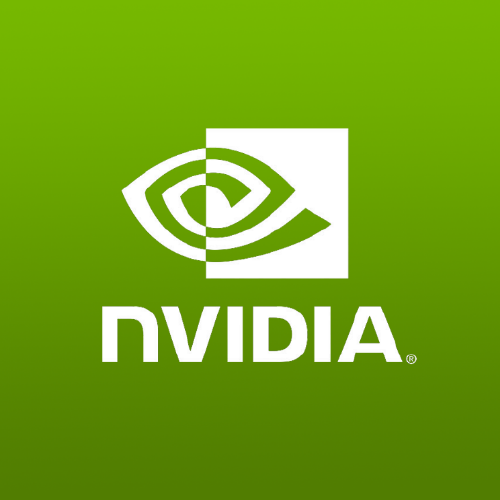Nano Banana has been a hit in the Gemini app, and Google is now bringing the model’s (Gemini 2.5 Flash Image) viral image editing and generation to AI Mode, as well as Google Lens.
In Search’s AI Mode, it starts with a…

Nano Banana has been a hit in the Gemini app, and Google is now bringing the model’s (Gemini 2.5 Flash Image) viral image editing and generation to AI Mode, as well as Google Lens.
In Search’s AI Mode, it starts with a…

After the biting disappointment of their loss against Poland, New Zealand found a whole other level to defeat Denmark 7-1 in the second set of playoff games and cement their place in…

This article first appeared on GuruFocus.
Oct 10 – Shares of two Semiconductor giants, Advanced Micro Devices (NASDAQ:AMD) and Nvidia (NASDAQ:NVDA), fell sharply on Friday after the U.S. Senate advanced a bill that could restrict exports of artificial intelligence chips to China, reigniting trade tension fears.
The proposed legislation would curb how many advanced AI processors American companies can ship overseas. The bill’s future remains uncertain, as President Donald Trump, who earlier eased chip export rules, could veto it. The House of Representatives is drafting a separate version that currently lacks export limits.
Investors reacted swiftly. AMD dropped about 5%, while Nvidia slipped roughly 2% in afternoon trading. The pullback reflected renewed concerns over Washington’s tightening stance on technology trade with Beijing.
Despite Friday’s fall, AMD has had an 83% year to date, with Nvidia increasing by about 41%. The two stocks have been major winners in the worldwide AI phenomenon, though the Senate’s action indicates that U.S. chipmakers face increasing threats in a climate of trade policy uncertainty.

This article first appeared on GuruFocus.
Citigroup (NYSE:C) is quietly making one of its biggest digital bets yetjoining a consortium of nine European lenders, including ING Groep, UniCredit, and DekaBank, to launch a regulated euro-based stablecoin. The group has already set up a new Netherlands-based entity to run the project, targeting a token debut in the second half of 2026. For Citigroup, the move could mark a turning point: it’s the only non-European bank in the alliance, positioning itself at the center of Europe’s effort to build an alternative to the dollar-led stablecoin market. The banks say their shared goal is to boost Europe’s strategic autonomy in payments by creating a credible, homegrown digital euro system.
Behind this partnership lies a bigger storyone about how fast digital money is moving into the mainstream. Stablecoins, which are designed to hold steady against fiat currencies, could handle over $50 trillion in payments by 2030, according to Bloomberg Intelligence. That would mean as much as a quarter of consumer transactions could flow through blockchain rails, up from almost nothing today. The market, still dominated by dollar-tied tokens, leaves plenty of room for growth in euro-based coins, which currently make up just around $477 million of the $300 billion total supply.
Citigroup’s blockchain ambitions are expanding on several fronts. Earlier this week, its venture arm backed BVNK, a stablecoin infrastructure firm, while the bank itself joined Goldman Sachs and Bank of America in exploring digital-money systems for institutional payments. CEO Jane Fraser recently confirmed the bank is considering its own stablecoin, signaling a deeper commitment to the space. Citigroup shares slipped about 1% to $94.75 on Friday, marking a fourth straight decline, though the stock remains up roughly 35% this yeara reminder that Wall Street’s digital experiments are now very much part of the financial mainstream.

The Rangers board now must bring in a manager who can be a unifying figure for the supporters and get the best out of a group of players who have massively underperformed this season.
The Ibrox club could have gone and got Derek McInnes after…

